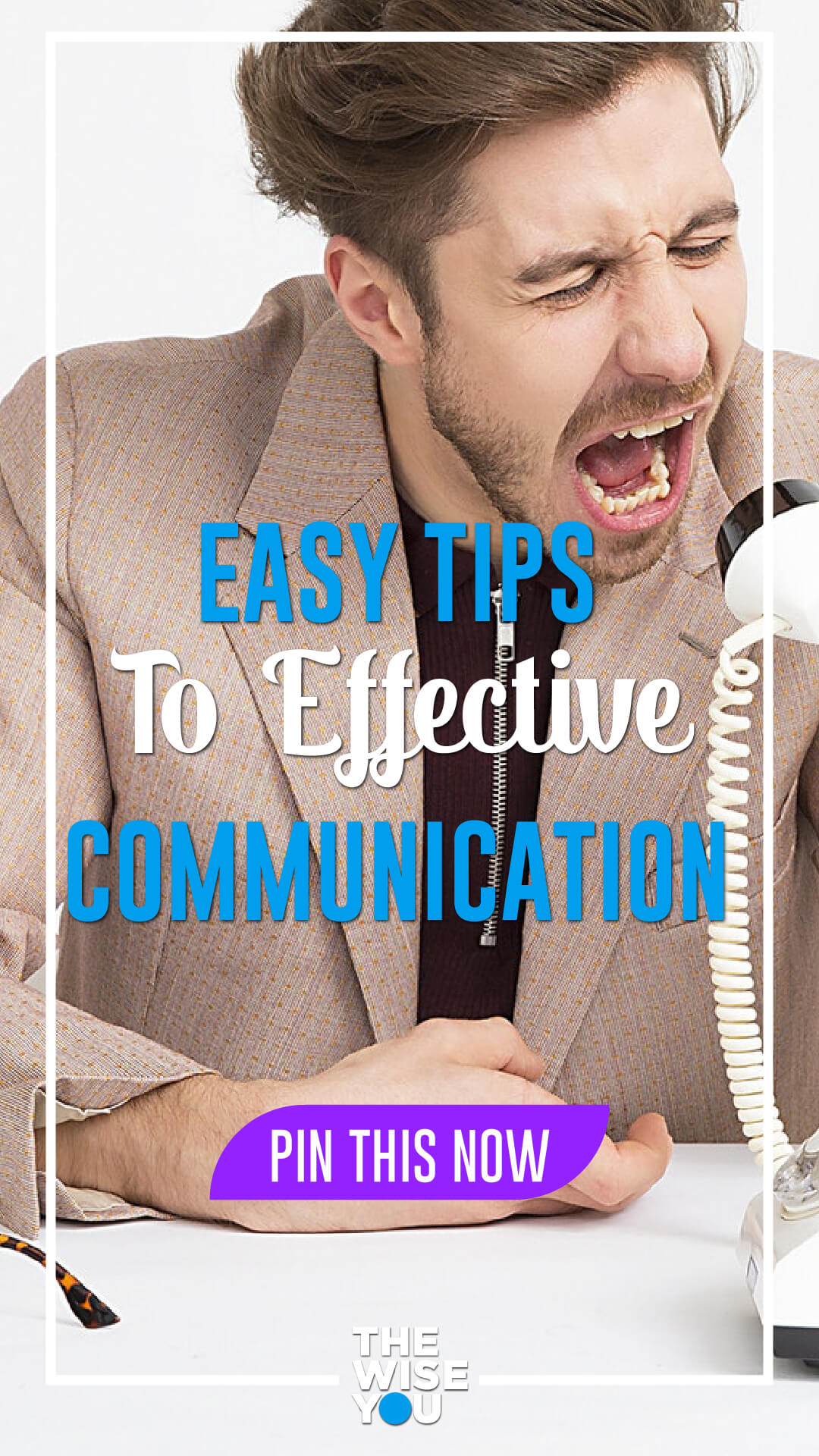Communication has always been a powerful tool that can either enhance or destroy our relationships. This is a regular activity which we all do daily, all the time, and almost everywhere. It could be to parents, siblings, spouses, friends, or other people we come across through our daily lives. What is majorly important is our ways of communicating with these people and the kind of response(s) we get from them.
Effective communication goes beyond just speaking and people listening to what is being said, but how well do they understand that which is being said? A clear understanding of the message passed across then brings about correct interpretation and then the necessary feedback. Effective communication is an important key to the success of every relationship; a business prospers if it can communicate effectively to those within and outside its wall.
Do I need to speak or write before I communicate?
There are three ways to communication (verbal, written, and non-verbal), and to effectively communicate your message, you must have good use and consciously develop fluency in all of these three communication types. Everything that is used to communicate a message must reinforce or emphasize the central meaning.
Verbal, or oral, communication involves passing your message across using the spoken word. This could be done face-to-face or even over the phone, whereas the written communication involves conveying your information or instructions using the written word. This information exchange is often the easiest way of communication, especially for those who find face-to-face conversation or communication quite uncomfortable. Non-verbal communication, on the other hand, involves the use of body language and facial expressions. Your ability to portray your emotions or pass your information across wholly, simply by the way you position your body or show your facial expressions, reveals you as a good non-verbal communicator.
Each party to the conversation must ensure to communicate their meanings with clarity such that both their words and their body language align with each other and do not contradict themselves, which communicates another meaning than is intended. Fluency in all these three areas makes your information very much understood by the other party and even reveals your confidence in your ability to effectively and efficiently convey the information. Say for instance, you are to speak to your colleagues on the need for unity for the progress of the organization. Just show them a slide presentation or reading out a written piece would not make effective nor enforce this in them but when you add gesticulations and communicate even with your body language, your words become better expressed and effectively communicated.
Tips to communicating effectively
We will be discussing top ten tips that can help to better enhance our communication
1. Smile
What matters here is not just about if your smile is present or absent but the way with which it is done. Your smile can be the combination of your best tool and your dangerous weapon made into one. With a genuine smile, you pass across warmth and openness, enticing even an otherwise reserved or quiet person to be more willing and open to communicate. Once the genuineness of your smile is detected, it is priceless to set individuals that are nervous or apprehensive at ease and earn their trust. On the other hand, your smile is an effective communication weapon as it can create apprehension or even fear in the individual, or show arrogance and contempt. This kind of smile will usually not reach your eyes, looks either forced or manipulative, but it can be of timely benefit if you are opportune to find yourself facing a particularly unpleasant coworker or client.
2. Ask questions
Asking questions is key to better understanding the thoughts of a person and also their intended meanings. This helps to either clarify what the other person already said or to acquire new knowledge about the person. No matter the quantity of information supplied, you will never learn everything if you do not ask questions. Your questions can be close-ended or open-ended; close-ended questions are designed in such a way as to get responses with a simple yes or no. This is used to quickly gather basic information and responses that do not require lengthy or drawn-out explanations. The open-ended questions are those that require a comprehensive answer or lengthy and detailed explanation to them. For example, the close-ended question goes like “Can I help you?” while open-ended questions go like, “What brings you to my office today?”
3. Listen
Active listening is a practice of effective communication. This is not just using your ears to collect sounds but ensuring you attend to everything the other is saying and also doing during the conversation. You pay attention closely to the other person’s words and body language in such a way that you can respond knowledgeably and in line with what is being said to show you understand or desire to fully understand more.
4. Observe
If you are poor in verbal and non-verbal communication skills, this is a good tip that would be effective. Look for means to position yourself in or around a group of people that are skilled in communication. It may be better if they are people you are not so familiar with; pay attention to those things they say or do, involve both your eyes and ears to their communication and ensure you implement some of the tactics you have learned through your observations.
5. Give and receive feedback
Your information should be conveyed in such a way that your targets can give feedbacks or criticism on the information that you have provided them. They should also be able to give questions that are direct if anything seems unclear to them. Feedback reveals that the information that has been provided is taken seriously and is considered worthy of a thoughtful answer. It works both ways; both for the speaker and the intended recipients, and this helps to learn to accept criticisms well.
6. Manage your stress
Sometimes communication can be very stressful, and it poses a threat when it begins to affect or interfere with your ability to express yourself clearly. If possible you find yourself in such situations that cause stress or anxiety (like an argument or disagreement), take a moment, and remove yourself from it to breathe and recollect yourself. This is better than venting it on others. Although this may seem possible in situations where you are communicating with a client online whose words have offended you, in situations where you are with your boss or with a coworker, you can have some deep breath to compose yourself. Once you have been able to do this, you can then, with a clear head, approach the situation more easily.
7. Empathize
This requires that you are emotionally aware of the other person’s emotions and stay sensitive to their non-verbal cues. Whatever emotions are running through a person is communicated in their body language. Say, for instance, a happy person will walk with their head up, make eye contact and smile, or easily respond to an offered smile; but a sad person, on the other hand, will walk with their head bowed, and often not respond to an offered smile or do with a fake smile. Being aware of their emotions and genuinely empathizing can help you discern your emotions and those of others and feel it as if it were yours, making it easier for both parties to understand and appreciate each other’s meaning.
8. Show enthusiasm
Showing interest in regards to what someone is telling you is one of the easiest ways to get someone to respond to you positively when you are communicating. This can be done in its actual sense by just maintaining a comfortable degree of eye contact, and changing your body language to appear attentive and interested. No one would want to speak to you if you roll your eyes, sigh, seem impatient, yawn, or look bored while they are trying to pass their information across.
9. Choose words carefully
Your choice of words can have a dramatic effect on the overall receptiveness of your audience to your communication skills. Words like the use of pronouns “we” and “us” can be used when referring to a group if you are trying to enhance unity and cooperation among the group. This helps everyone to see themselves as part of the team rather than as an individual on it. Also use of pronouns like “I” and “me” when you intend to single yourself out of the whole lot or solely take responsibility for something. The power of the choice of your words should never be underestimated as the wrong use of a word can trigger an opposite response of that which is intended.
10. Keep a Sense of Humor
A sense of humor can be the ingredient to lighten up a bad or tense situation. This can be a great way to augment your communication skills. Laughter can encourage others to relax, relieve their stress, and release endorphins, which can help to improve the overall mood of the conversation. Also, is it of utmost importance that you ensure your sense of humor is suitable to the situation using your discretion; no one would appreciate you cracking a joke at a funeral. Humor can defuse volatile situations and give room for the other party to calm down and see the situation from another view.
Effective communication should be about trust-building and strengthening relationships, and it doesn’t necessarily have to be about something big; even with little, insignificant things, communicating effectively is key. It goes beyond you just learning these tips; practicing them is the most important, and you do not have to wait for a large gathering to do that. Start now as you work towards being an effective communicator.







